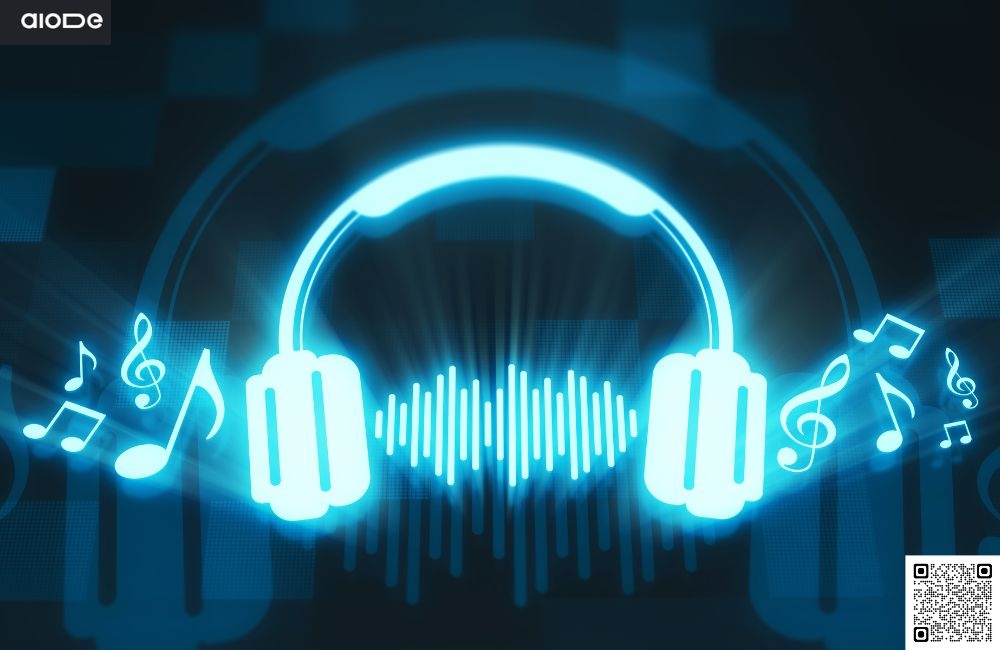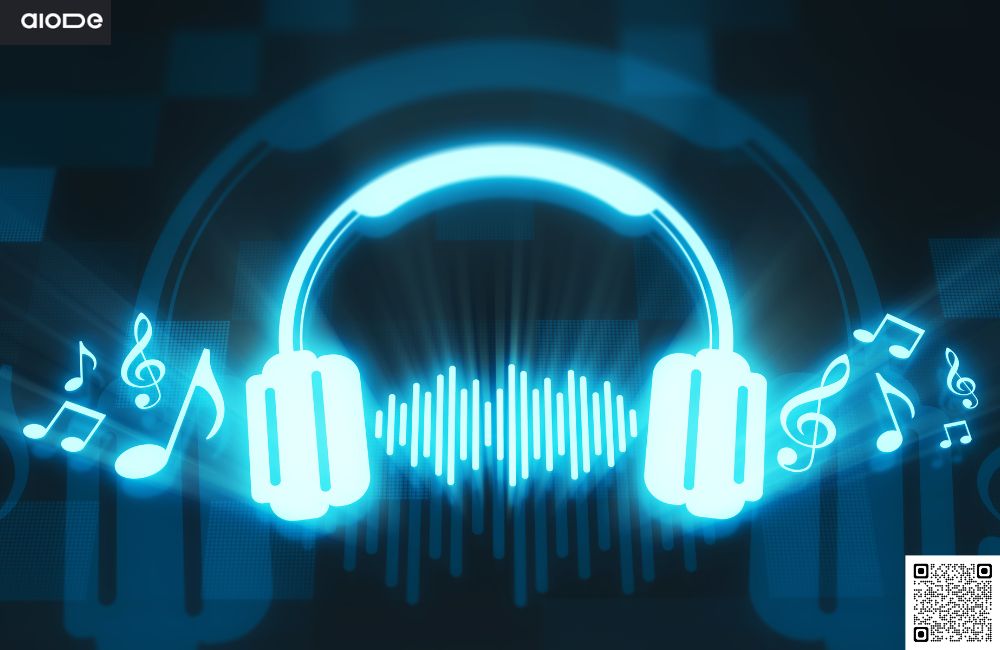
Ai Tools for Musicians: Song Structure
The system's modular architecture facilitates seamless integration with existing digital audio workstations (DAWs) and music production software, making it a versatile tool that fits smoothly into professional workflows. Musicians can export AI-generated tracks as MIDI files or fully rendered audio, then refine them further using their preferred instruments and effects. This interoperability ensures that Aiode's virtual musicians complement rather than replace traditional production methods, fostering a hybrid creative process that maximizes both human ingenuity and machine efficiency.
The platform's performance page gives users fine-tuned control, offering parameters that allow modification of the musician's style, phrasing, intensity, and expression. This facilitates the creation of multiple takes for each part of the song, enabling producers to experiment with different moods or grooves and refine the final sound until it matches their exact vision. Musicians can be layered, replaced, or rebalanced at any time in the creative process. About Aiode is a pioneering music technology platform designed to empower musicians through ethically trained, AI-powered tools. Aiode was established with a clear mission: to fuel artistic creativity through the transformative power of artificial intelligence. Drawing inspiration from Ai music production —the Greek muse of song and voice—Aiode blends a deep love for music with cutting-edge technology to develop groundbreaking tools that expand the horizons of artistic expression.. Inspired by Aoede, the Greek muse of song, Aiode brings together artists, producers, mathematicians, and AI experts who share a passion for music and innovation. The result is a dynamic ecosystem where creativity thrives. Our platform introduces virtualized musicians—AI models trained with the unique styles of real performers. These digital collaborators adapt and evolve with each artist’s input, opening limitless possibilities for sound creation. At every stage, the real musicians are active participants, choosing styles, instruments, and helping shape their virtual counterparts.. Multiple virtual musicians can be added to a project to simulate a live band or orchestral ensemble. These musicians not only align with the track provided but also sync with one another, adjusting their parts in harmony with the ensemble's overall direction, creating a cohesive musical output.


